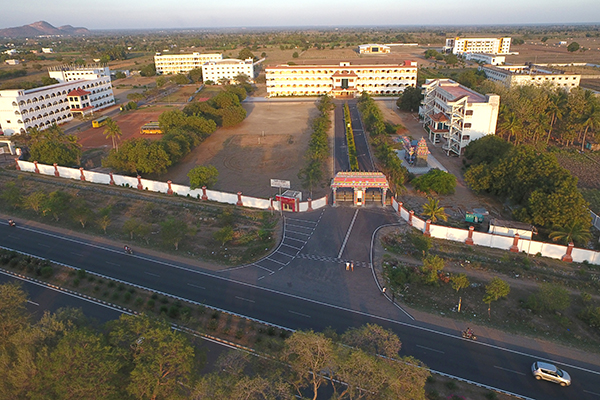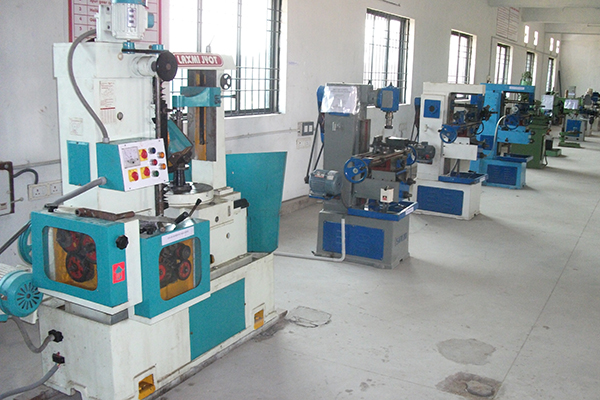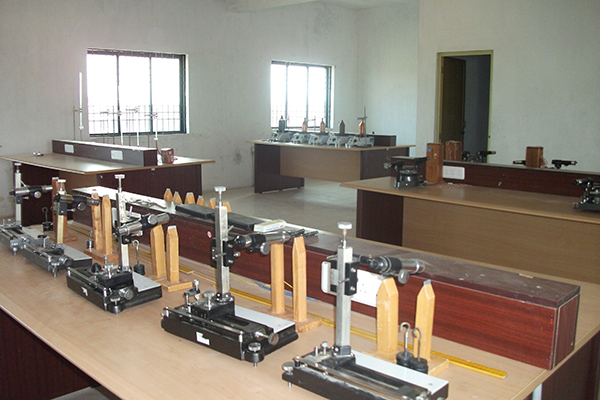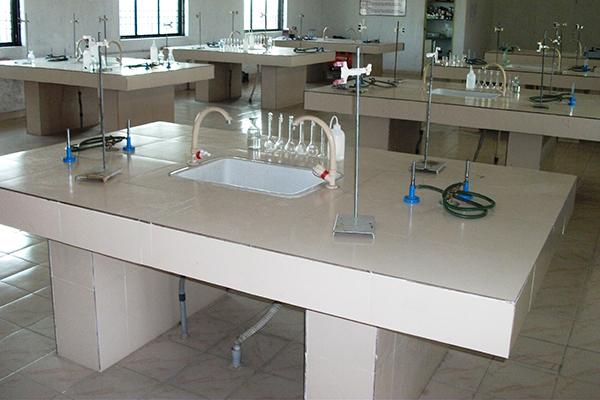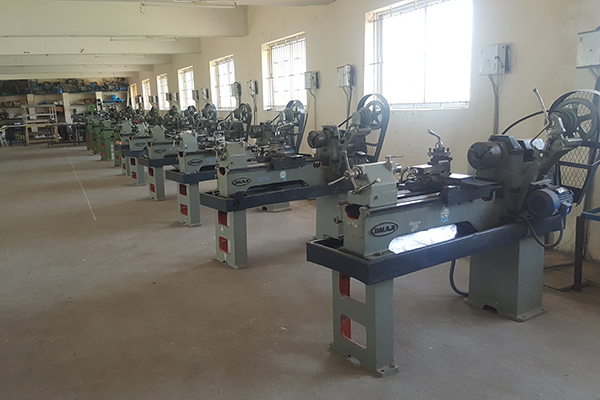Established in 2018, our organization founded the Internal Quality Assurance Center (IQAC) to address the significant challenge of maintaining and enhancing educational quality within higher education institutions. The purpose is to devise a systematic approach for improving quality.
The IQAC was established with the aim of instituting a structured, continuous, and forward-thinking strategy to enhance teaching-learning processes, assessment methods, and overall quality for both instructors and students. As part of its commitment to continual improvement, the IQAC conducts regular internal audits of the institute, its faculty, and its staff.
Quality Policy
At Sri Ramakrishna College of Engineering, our commitment is unwavering towards attaining global standards of excellence across all facets of our endeavors, spanning teaching, research, consulting, entrepreneurship, and lifelong learning. We uphold accountability to our stakeholders through consistent assessments, continuous enhancements, and the implementation of robust quality management systems.
Vission
- To foster and maintain a culture of excellence within the organization, centered on overarching quality.
Our Mission
- To strategize and synchronize institutional efforts aimed at achieving academic excellence.
- To serve as the driving force in instituting quality standards, rectifying flaws, and enhancing overall quality.
Objectives
- The goal is to establish a system facilitating the enhancement of both academic and administrative performance through deliberate, continual, and transformative initiatives.
- The objective is to embed best practices and cultivate a culture of quality within the institution, thereby fostering proactive measures to enhance overall quality.
IQAC Responsibilities
- Ensuring timely, efficient, and progressively improved completion of financial, administrative, and academic tasks.
- Emphasizing the significance and excellence of research and academic programs.
- Guaranteeing equitable access to and affordability of academic programs for all societal groups.
- Maximizing the utilization and integration of contemporary teaching and learning methodologies.
- Ensuring the reliability of assessment techniques employed.
- Providing support structures and services adequately, consistently, and equitably.
- Facilitating the exchange of research findings and fostering collaborations with institutions both domestically and internationally.
IQAC Members
| | ||
|---|---|---|
| S.NO | MEMBERS | DESIGNATION |
| 1 | Dr.M.Marimuthu | Principal |
| 2 | Dr.S.Prakash | Associate Professor in AGRI |
| 3 | Mr.B.Saravanan | Assistant Professor & HOD / MECH |
| 4 | Mr.Dinesh Raj.R | Assistant Professor & HOD / CSE |
| 5 | Mr.N.K.Kumar | Assistant Professor & HOD / BME |
| 6 | Mr.A.Ayyapan | Assistant Professor & HOD / CIVIL |
| 7 | Mr.N.Arunkumar | Assistant Professor & HOD / AGRI |
| 8 | Dr.Sugi .L | Assistant Professor & HOD / S&H |
| 9 | Mrs.C.Surya | Assistant Professor in CSE |
| 10 | Mr.V.Loganathan | Assistant Professor in MECH |
| 11 | Dr.P.Selvakumar Professor / Mech, Rover Engineering College, Perambalur | Academic Expert |
| 12 | Mr.Prabakaran.S Managing Director, NANO Marker, Srirankagam- 620006 | Industry Expert |
| 13 | Kaviya.K | Alumni |
| 14 | V.Sriman- 818420108027 | Student |
| 15 | Mr.A.Thennarsau | Parent |
The Role of the Coordinator
The role of the IQAC Coordinator is crucial in ensuring the efficient operation of all its members. This coordinator may be a senior academic or administrator juggling other responsibilities, or it could be a full-time appointment with extensive experience in quality management. The preferred candidate should possess seasoned expertise and capability. Administrative support for secretarial tasks should be provided by the administration. The coordinator must possess fundamental proficiency in data management and computer skills.
IQAC Benefits
The Quality Assurance Cell will facilitate and contribute to
- Foster increased focus and clarity within the institution's endeavors to enhance quality.
- Promote the internalization of a culture centered on quality.
- Standardize exemplary practices and foster collaboration to enhance various institutional activities.
- Establish a robust foundation for informed decisions aimed at enhancing institutional performance.
- Function as a flexible framework for implementing quality improvements in Higher Education Institutions (HEIs).
- Offer a structured system for internal communication and documentation.













